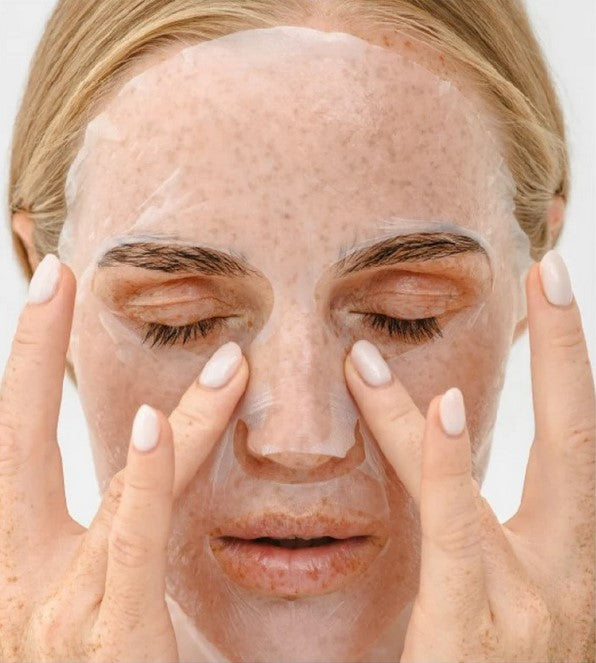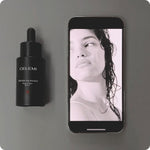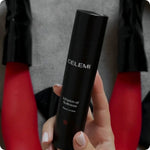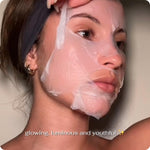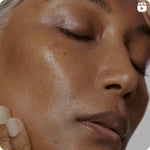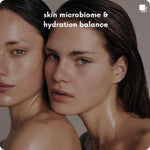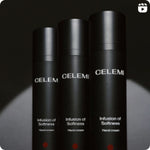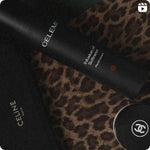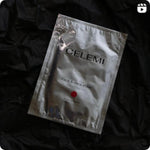The skin, the body's largest organ, serves as a protective barrier and plays a key role in aesthetics and health. Hydration is a crucial factor in preserving skin elasticity, which is essential for a youthful and healthy appearance.
The Science Behind Skin Elasticity
Skin elasticity refers to the skin's ability to stretch and return to its original shape. This property is primarily due to the presence of two proteins: collagen and elastin. Collagen provides structure and strength, while elastin allows the skin to resume its shape after stretching or contracting.
As we age, the production of collagen and elastin decreases, leading to reduced skin elasticity. External factors such as UV exposure, pollution, and lifestyle choices also contribute to the degradation of these proteins. However, hydration plays a pivotal role in maintaining and potentially improving skin elasticity.
Hydration and Its Impact on Skin
-
Water Content and Skin Hydration
The skin contains about 64% water, which is crucial for maintaining its plumpness, smoothness, and elasticity. When the skin is well-hydrated, it appears more supple and less prone to fine lines and wrinkles. A study published in the International Journal of Cosmetic Science found that increased water intake improved skin hydration and biomechanics, including elasticity .
-
Barrier Function and Moisture Retention
The stratum corneum, the outermost layer of the skin, acts as a barrier to prevent water loss. Proper hydration strengthens this barrier, allowing it to retain moisture more effectively. This, in turn, enhances skin elasticity. Research indicates that hydrated skin cells are more resilient and capable of maintaining their shape and structure .
-
Internal and External Hydration
Hydration can be achieved both internally and externally. Drinking adequate water is essential for overall hydration, but topical moisturizers also play a crucial role. Ingredients like hyaluronic acid, glycerin, and ceramides help to attract and retain moisture in the skin. According to dermatologists, using a combination of internal and external hydration methods is the most effective way to maintain optimal skin elasticity .
Expert Opinions and Recommendations
Dr. Whitney Bowe, a renowned dermatologist, emphasizes the importance of hydration for skin health. She explains, "Hydrated skin is more resilient and elastic. When the skin cells are full of water, they are plump and less likely to collapse, which helps to prevent fine lines and wrinkles" .
Similarly, Dr. Joshua Zeichner, another leading dermatologist, highlights the role of hyaluronic acid in maintaining skin elasticity. He states, "Hyaluronic acid is a powerful humectant that attracts water to the skin. This not only keeps the skin hydrated but also improves its elasticity by maintaining the moisture balance" .
Practical Tips for Maintaining Hydrated Skin
-
Drink Plenty of Water: Aim to drink at least eight glasses of water a day. The exact amount may vary depending on individual needs and activity levels.
-
Use a Humidifier: Especially in dry climates or during winter, a humidifier can add moisture to the air, helping to keep your skin hydrated.
-
Moisturize Regularly: Choose a moisturizer that suits your skin type and contains hydrating ingredients like hyaluronic acid, glycerin, or ceramides. Apply it immediately after showering to lock in moisture.
-
Avoid Over-Washing: Washing your face too frequently can strip the skin of its natural oils, leading to dryness. Stick to gentle cleansers and limit washing to twice a day.
-
Eat Hydrating Foods: Foods with high water content, such as cucumbers, oranges, and watermelon, can contribute to your overall hydration.
Conclusion
Hydration is a cornerstone of healthy skin, directly influencing its elasticity and overall appearance. By maintaining proper hydration levels through a combination of internal and external methods, you can support your skin's natural elasticity and keep it looking youthful and vibrant. Remember, a well-hydrated skin not only feels better but also stands as a testament to good health and self-care.

